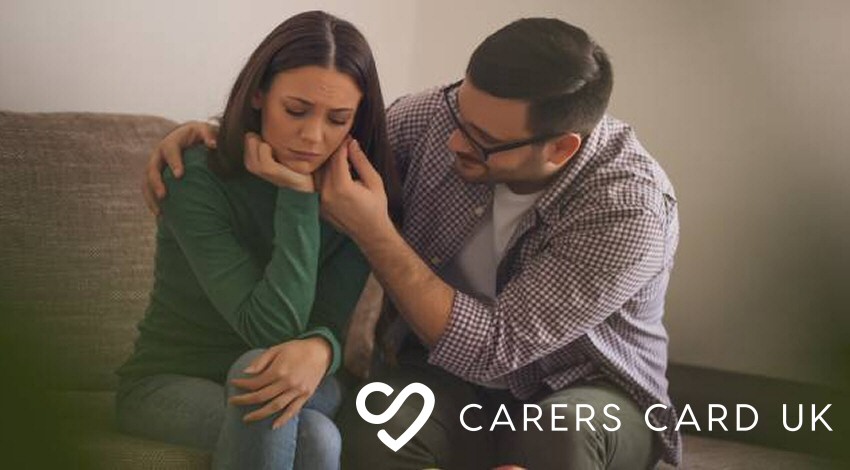How can I tell someone I don't want them as my carer?
Having to communicate to someone that you do not want them to be your carer can be a delicate and sensitive situation. It‘s important to approach this conversation with empathy and consideration, as the person may have good intentions, and you want to maintain their dignity and feelings. Here are some steps you can follow in a thoughtful and respectful manner.

Choose the Right Time and Place
Find a quiet and comfortable setting where you both can talk without distractions. Ensure that you have enough time for a meaningful conversation.Express Your Gratitude
Begin the conversation by expressing your gratitude for their willingness to help and the care they‘ve shown. Acknowledge the effort they‘ve put in, as it‘s important to appreciate their intentions.Be Honest and Clear
Communicate your feelings honestly and directly but with kindness. Avoid vague or ambiguous statements. Explain why you believe that their role as your carer might not be the best fit for both of you.Focus on Your Needs
Highlight your specific needs and requirements. Explain that you believe there might be a better match for your caregiving needs, which can lead to better outcomes for both you and the potential carer.Emphasise the Importance of Your Relationship
Reassure them that your decision is not a reflection of your feelings toward them as a person. Emphasise that your relationship with them is valuable, and you want it to remain strong and supportive.Offer Alternative Roles
If appropriate, suggest alternative ways they can be involved in your life or support system. This could include occasional visits, emotional support, or help with tasks that they are comfortable with.Listen Actively
Be prepared for their reaction, and give them the opportunity to express their thoughts and feelings. Listen actively and empathetically, showing that you respect their perspective.Be Patient
Recognise that they may need time to process your decision and their feelings about it. Allow them the space to come to terms with your choice.Maintain Open Communication
Encourage ongoing communication and let them know that your decision is not final and can be revisited in the future if circumstances change.Seek Professional Help
If the conversation becomes too emotionally charged or difficult, consider involving a mediator or counsellor who can help facilitate the discussion and provide emotional support to both parties.Remember that this conversation may be challenging for both you and the potential carer. Approach it with kindness, understanding, and the intention of preserving your relationship in a positive way, even if their role as your carer changes.
Posted: 03/07/2024
